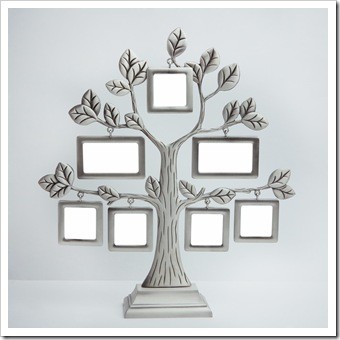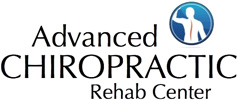
So often in my office as I am meeting a new patient I hear, “Hi Doc, I would have come sooner but my back pain is hereditary.” or “I have come for my knee pain and my back hurts but I have had my back pain forever just like my parents so I understand there is nothing we can do about that pain, so let’s just fix my knee pain; I can live with the back pain.” What is truly interesting is that not they not only have genetically-caused illnesses, including headaches, back pain, arthritis, weight problems and even hay fever, but their up-to-date medical doctor has further confirmed that it’s genetic and there is nothing they can do about it. This feeling has lead to “what’s the point in trying to exercise, eat well, be more relaxed if the outcome will be the same.” This sense of ownership of pain, disease, and self fulfilled prophecy has lead to a real health crisis.
This is where the health paradigm shift must come in.
The good news is that the pain and disease has been proven to be environmental rather than an inheritance of weak genes. Bad news is that we are accountable for our outcomes.
The Human Strand Examined
Do you remember the Human Genome Project? It was officially launched in 1990 and completed thirteen years later at a cost of three billion dollars. The plan was to map every gene for every human characteristic. Along the way, scientists expected to uncover the genetic cause of many illnesses. During that time our media heavily reported that our genetic makeup to be linked to anything from breast cancer, depression and high blood pressure to anorexia, anxiety and compulsive shopping!
What the study did discover was that as the scientists were decoding human genetics, the research was quickly mounted to confirm that there were not enough genes to explain everything that happens in a human body and mind.
Eric Lander, a leading researcher in the Human Genome Project, noted that “People will think that because genes play a role in something, they determine everything. We see, again and again, people saying, ‘It’s all genetic. I can’t do anything about it.” That’s nonsense. To say something has a genetic component does not make it unchangeable. Whilst our genes determine our health potential, our choices ultimately determine our future health and happiness.”
Simply said, it is important to grasp that even for those of us with a genetic tendency towards particular diseases, it’s important to remember that not even the genetic scientists would say that a person’s genetic code is an unchangeable roadmap of their future. A perfect example are those who may have genetic pattern mutations like Down’s syndrome have all the genes they need to live a happy, healthy lives; most often happier.
Loving the Genes Your In
This is exciting news! It means that rather than being victims of our genetics, we can make choices that help us to create health and wellbeing. Heart attacks and cancers are far more closely related to how we eat, move, think and breathe than to our genetics. It means that if we take care of the choices we make, we’re likely to live full, happy, healthy lives, no matter what our genes say. Our health and happiness are largely determined by our choices.
Choose fresh air, not cigarette smoke. the apple, not the doughnut. Choose to go for a walk and not view Facebook for hours on end. Choose to get some sleep, rather than stay up late watching television. Choose to be proactive in your healthcare and not wait to become sick. Most of all be sure that your master control system is in great shape with a regular Chiropractic and Nerve System check-up!
The Bottom Line
The real skinny on these genes is that it is interesting to realize that after billions of dollars of research, we arrive back to the same conclusion: “I am ultimately responsible for my health”. “I can no longer blame my bad health on my parents, my job or bad luck. It has more to do with my bad choices! My future health and life are a result of the choices that I choose to make right now.”
So you know what to do! Call Today!
For Your Health,
Dr. Geoffrey Bossio and Dr. Daniella D'Alessio
